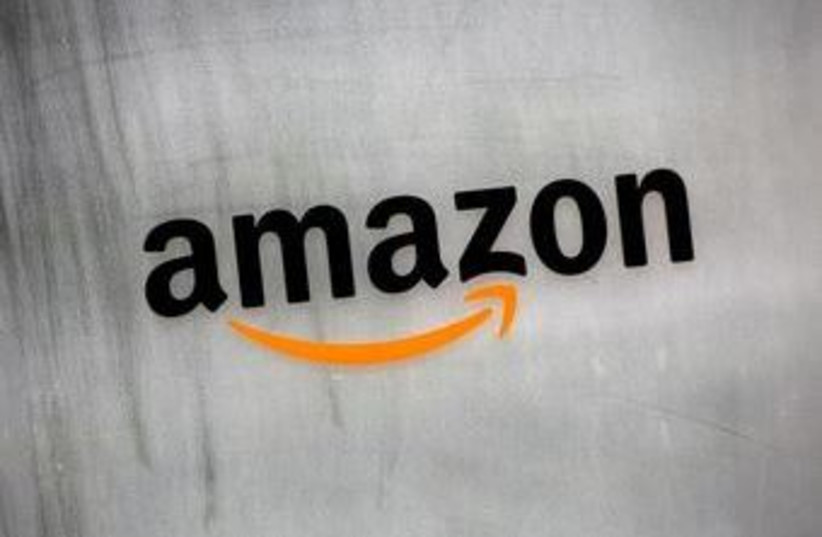Rising prices in Israel may lead some residents to believe that purchasing run-of-the-mill products from local store shelves isn’t the way to get the most bang for their buck – and they’re right.
In the past week, the prices of several products have increased. While those rises are currently limited to food and utilities due to stagnant supply chains and the higher cost of raw materials, it logically follows that spending more in one place may lead consumers to want to spend less elsewhere.
Even looking past the current trend of rising prices, residents in Israel hoping to purchase anything for a reasonable price have been in a sticky situation: according to the OECD, the Jewish state ranks as the second-most expensive country in the world as far as general price levels.
The only country in the world that has managed to beat it out in terms of high pricing is Switzerland, where several ultra-rich villains from James Bond movies live.
In recent years, monopolistic shipping giant Amazon has made big moves in Israel, and as such has opened a huge window of opportunity for shoppers hoping to save some of what they spend on day-to-day necessities. Thanks to the corporate monolith’s latest efforts in the start-up nation, free shipping to Israel for most (but not all) products is now available for purchases over $49.

Here are a few things that finance-conscious shoppers can buy right now to save a few shekels (as long as they have a few weeks to wait for delivery and plenty of storage space).
You can find Lady Speed Stick, a prime example of the Pink Tax in effect, at your local Rami Levy for NIS 14.70, or you could buy six at a time for NIS 9.55 a piece from Amazon – a 35% discount. Unless you’re running out of underarm odor anytime soon, the value of the bulk purchase sells itself.
While we’re in the bathroom cupboard, a single tube of Colgate Optic White toothpaste will run you NIS 19.90 at a local supermarket; when compared to Amazon’s NIS 10.11 per tube in a pack of three – just over half price – the opportunity to save nearly half of the Israeli price is enough to make you clear out some under-sink space for all these extra toothpaste tubes.
If you haven’t caught up to the modern technological age and still have a need for AA batteries, then some marginal savings are in your future: An 8-pack of Duracell batteries from Rami Levy values each battery at NIS 2.23, while you could get 48 of the same brand for a whopping discount of NIS 0.06 – that’s right, one battery in an Amazon value pack with enough batteries to last a nuclear winter is priced at only NIS 2.17.
Buying your shelf-stockers from Amazon is a fairly obvious money saver (so long as you stay within your free shipping window), but even larger purchases are becoming increasingly viable. “C.” from Zichron Yaakov has ordered a slew of items from the online retailing superpower: thermals, brooms, coffee filters, sunglasses, soap, and recently, a pair of Adidas sneakers, which she got at half of the Israeli retail price.
“They’re nice. They’re exactly as I expected them to be,” C. said. She explained that getting exactly what you’re looking for is but one of a bevy of reasons to order from Amazon as opposed to braving the Israeli shopping climate. “With [Amazon’s] free shipping, items are very often cheaper, and they come to your door.”
C. is an immigrant from the United States; a country known for many things, such as heart disease, novel deep-frying innovations (coincidentally), and more notably: customer convenience. The latter plays a huge role on C’s and other immigrants’ reliance on Amazon.
“Things aren’t so easy to find in this country,” she said. “It’s just harder: you have to know which stores to go to, and you can’t be sure about quality. If you have a brand that you know, you know that quality, you know it’s what you want. It’s a known quantity as opposed to wasting your time and taking a gamble.”
